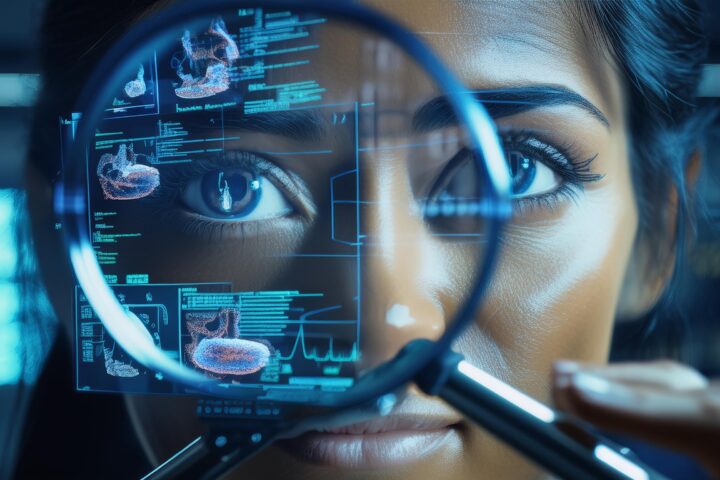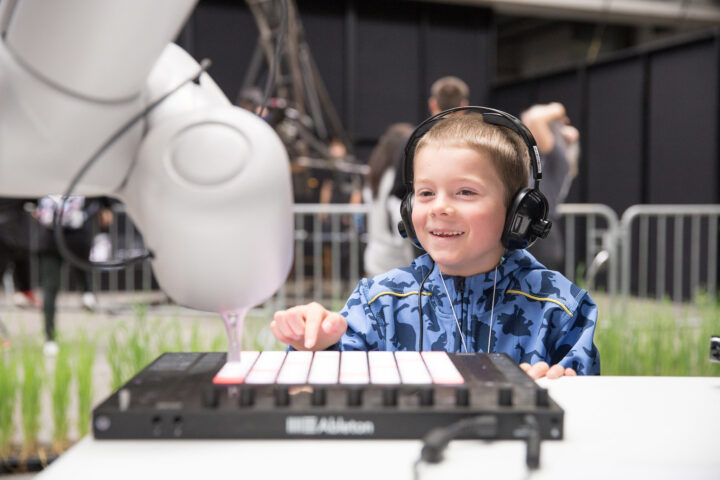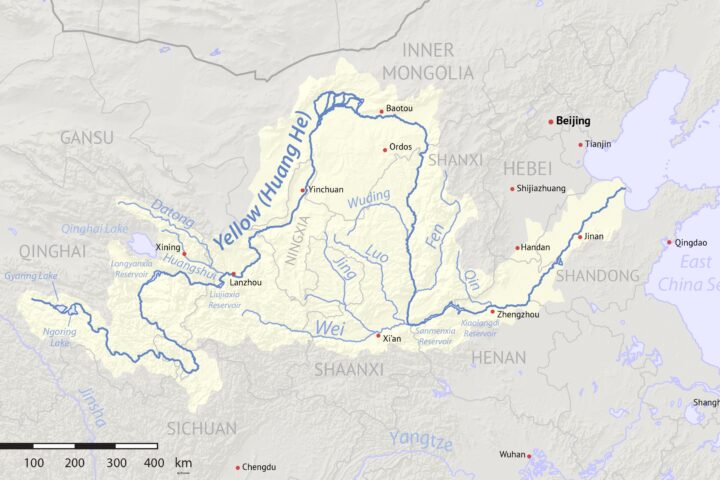Source: Gemini_Generated_Image_ai-revolution-future-analysis
This revolution from ancient mythologies concretely began taking root in artificial intelligence in the mid-20th century when such great minds envisioned machines with human-like intellect, a vision finally culminating in the year 1956 with the Dartmouth Conference.
Initial forays into AI were characterized by rule-based systems and expert systems demonstrating incipient intelligence. Computational constraints and real-world problems threw cold water on these efforts, leading to these periods of stagnation referred to as “AI winters.” A resurgence took place in the 1990s, now driven by improved computing power and huge datasets.
Machine learning, the paradigm shift from traditional programming, was what gave computers the ability to learn from data without explicit instructions. Deep learning, inspired by neural networks of the human brain, further pushed machines to the ability to tell intricate patterns within complex data. This synergy among hardware, data, and algorithms propelled AI into image and speech recognition and natural language processing.
The impact of AI is pervasive. It assists diagnosis, drug discovery, and treatment that is tailored to the needs of the individual in the field of health. Finance depends on AI for fraud detection, algorithmic trading, and risk assessment. The automotive industry is transformed into self-driving cars, while in retail, AI makes possible personalized recommendations and inventory management.
Yet, challenges remain. Biases in the data may result in discriminatory output that requires rigorous data curation. The prospect of job displacement by automation forces the need for stronger retraining programs. Privacy safeguards are essential as AI systems process huge amounts of personal data. Development of autonomous weapons raises ethical dilemmas that require global attention.
The future is bright for AI. The more increases in computational power and the more the volume of data grows, the more sophisticated AI systems that could be developed. Artificial general intelligence—when machines are able to perform at human levels of intelligence—remains an open area of discovery. AI-human collaboration can cross the barriers to achieving human potential from this technology while controlling risks.
It has shifted from a topic of theory to one of industry and societal transformation. Its trajectory is marked by continuous innovation, ethical considerations, and potentially drastic augmentation of human abilities in ways previously unseen.
The Ethical Labyrinth of Artificial Intelligence
As AI penetrates more and more into society, ethical considerations become topmost. In other words, AI, with the capacity to be used both for good and evil, underlined the urgency in the development of strong ethical frameworks.
One of the most prominent concerns is algorithmic bias. Since artificial intelligence learns from data, and the latter can be biased, so will its output be. These also have the potential to produce discriminatory results in domains related to lending, criminal justice, and employment. Ensuring a diversity of data and transparency is key to mitigating this issue.
The other critical concern is privacy. In most cases, AI systems require extensive volumes of data, raising many questions on how they are collected, stored, and used. Regulations have been put in place to safeguard the individual’s right to privacy—the General Data Protection Regulation. But somehow, the challenges have been changing as the AI technology has been growing.
The development of autonomous weapons thus raises profound ethical questions. Decisions about the end of human life are inherently complex and delegating this power to a machine has serious consequences for accountability and potential misuse. The need for international agreements and regulations with respect to these challenges becomes correspondingly pressing.
Moreover, the relationship of AI to employment has been the topic of debates lately. Although in the long run, AI might create new job opportunities, it might also pose a threat to certain livelihoods. The responsibility lies with governments, organizations, and the academia to provide a chance for upskilling and retraining to those who run the risk of losing their jobs due to automation.
Challenges and Ethical Issues
Although there is immense potential with AI, it does bring along challenges and ethical concerns as well.
- Bias: The AI can pick up biases in the very data on which it was trained. This may lead to possibly discriminatory outcomes based on race, gender, age, income, or other personal factors. Development of algorithms and datasets that are fair and inclusive must be standardized.
- Job Displacement: Work displacement by machines powered by AI is already very possible across some sectors. In that respect, the investment in education and retraining of personnel should be imposed to keep the workforce up-to-date with changes in the job market.
- Privacy: AI systems collect and process vast reams of data, making them especially subject to a concern for privacy. There must be measures of protection for data adequate enough to safeguard people’s information.
- There is, of course, also an important ethical dimension associated with the development of autonomous weapons about machines using lethal force. Internationally regulated frameworks and ethical codes have to be developed for these concerns.
The Future of AI: A Horizon of Possibilities
Both promise and uncertainty mark the future of AI. Computational power will continue to rise exponentially, and with it, AI systems will become more sophisticated to perform functions that are now considered the sole reserve of humans.
One of the hottest areas of research in the moment is artificial general intelligence, which means developing machines with human-level intelligence. Although AGI stays a faraway dream, improvements in machine learning and neural networks are getting us closer to this rather ambitious goal.
The most exciting frontiers for artificial intelligence, however, lie with convergence: when AI finally converges with biotechnology and nano-technology. Jointly, largely under-explored fields like medicine and material science, with energy. The development of new treatments against diseases is an example of how AI-powered drug discovery works at high speed.
However, the development of AI must go hand in hand with careful consideration of its societal implications. Guaranteeing AI benefits all of humanity requires a collaborative effort between governments, businesses, academia, and civil society.
In summary, AI is such a powerful tool that its potential can set the course of human history. We can surmount ethical problems, develop responsibility, and fund research and education in a manner that will alleviate the concerns posed by AI while benefiting from its power.
Sources:
- https://www.linkedin.com/pulse/artificial-intelligence-future-work-in-depth-analysis-julio-pessan-iyzfe#:~:text=This%20indicates%20a%20transformation%20in,a%20direct%20replacement%20of%20jobs.&text=The%20change%20brought%20about%20by,literacy%2C%20curiosity%20and%20continuous%20learning.
- https://apratimsahu24.medium.com/navigating-the-ai-revolution-an-in-depth-analysis-of-over-4000-ai-tools-choosing-the-right-one-3675b20b2e0a
- https://aimresearch.co/leaders-opinion/what-does-the-ai-revolution-mean-for-our-future
- https://www.wsiworld.com/blog/navigating-the-ai-revolution-a-strategic-guide-for-modern-businesses

















